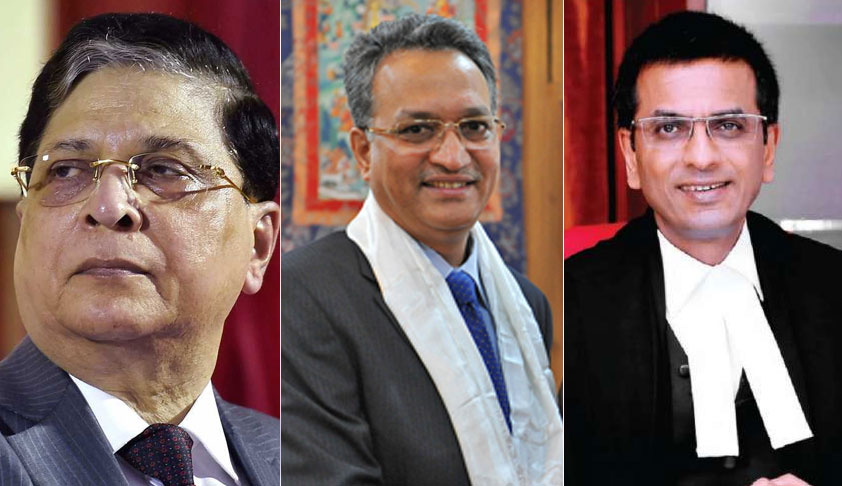Leprosy Has Been Curable Since 1980, Don't Treat Leprosy Survivors As Disabled Persons : SC
Mehal Jain
5 July 2018 7:43 PM IST

Next Story
5 July 2018 7:43 PM IST
The Supreme Court on Thursday recommended that the Union of India, as well as the states, take steps to repeal such provisions of legislations that represent leprosy as being non-curable and contagious.Hearing two PILs praying for statutes which attach a stigma with leprosy, ultimately resulting in a disability, to be declared as being violative of Articles 14, 19(1)(b) and 21, a bench of...
